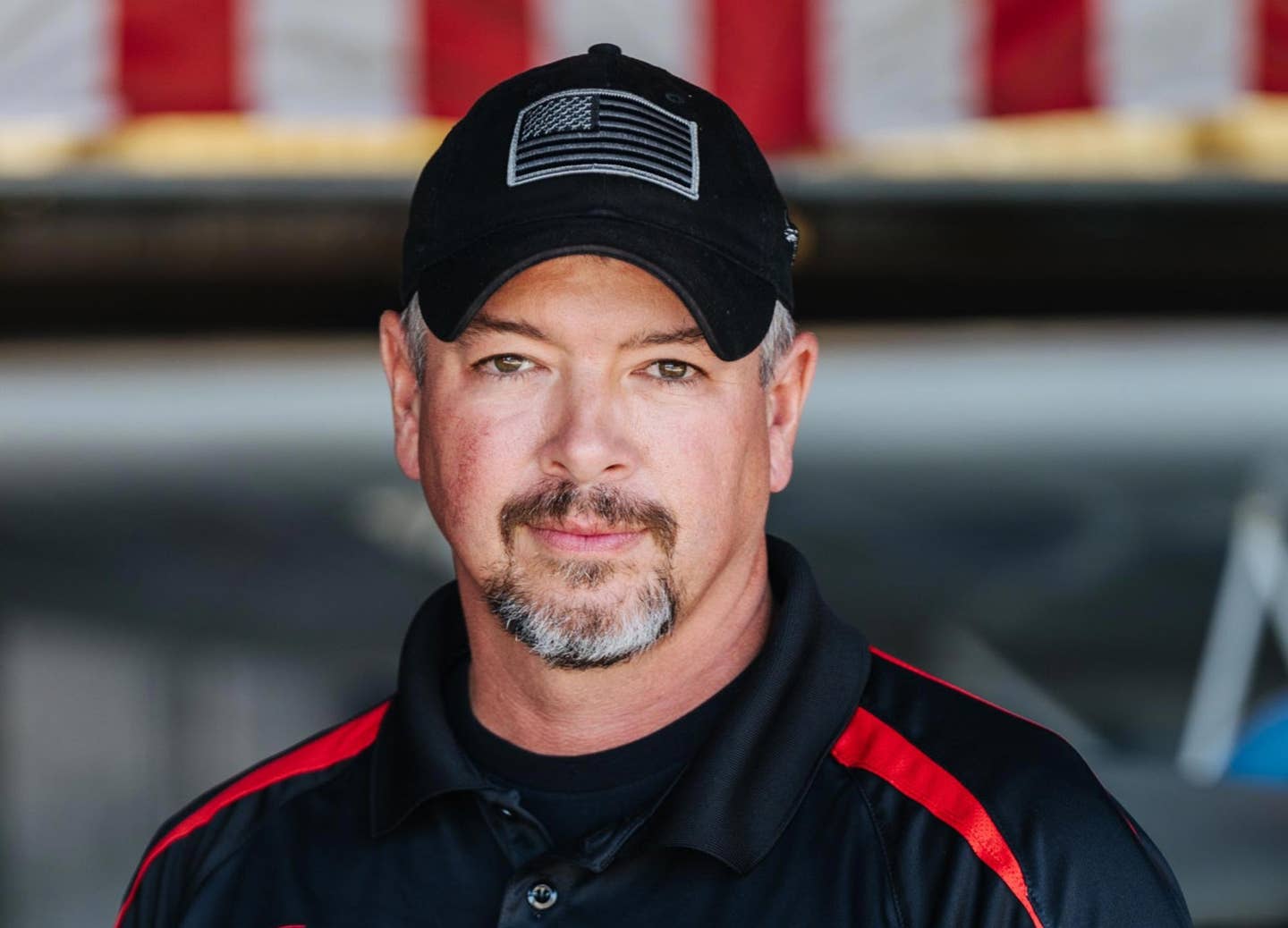Boeing To Create Next Jet In ‘Metaverse’
After a few tough years of quality control issues, a disastrous two-year grounding of its foundation aircraft and intense regulatory scrutiny, Boeing says it’s doing a top-to-bottom overhaul of its…

After a few tough years of quality control issues, a disastrous two-year grounding of its foundation aircraft and intense regulatory scrutiny, Boeing says it's doing a top-to-bottom overhaul of its design, engineering and manufacturing systems as it gears up to build its next clean-sheet airplane. The company recently told Reuters it plans to plunge the company into the so-called “metaverse,” an immersive environment where human workers are digitally linked to machines and other workers using virtual reality and augmented reality. "It's about strengthening engineering," Boeing's chief engineer, Greg Hyslop, told Reuters. ”We are talking about changing the way we work across the entire company.”
For the next jet, the plan is to build a virtual digital replica of every piece of the aircraft on which simulations can be run. The system will bring together the forests worth of paper drawings, test data and certification documents into a digital environment that could assess and test every bit of the plane before it ever hit the shop floor. Technicians and engineers would interact with robotic machinery through virtual and augmented reality to spot and solve problems. Hyslop said the system will not only build better aircraft, it will do it faster, perhaps taking that next jet from digital doodling to first flight in five years or less. "You will get speed, you will get improved quality, better communication, and better responsiveness when issues occur," Hyslop said. "When the quality from the supply base is better, when the airplane build goes together more smoothly, when you minimize re-work, the financial performance will follow from that."
Boeing has tried out initial versions of the new workflow on recent projects like the T-7A military trainer and 777X airliner with mixed success. Both ended up with certification issues but Hyslop told Reuters they’re working on it. "This is a long game," Hyslop said. "Every one of these efforts was addressing part of the problem. But now what we want to do is do it from end to end."






